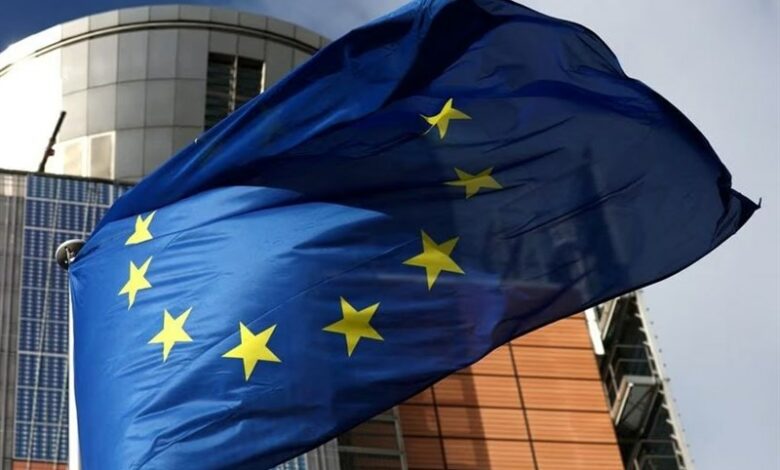The European Union has extended the emergency plan to save gas

| European Union energy ministers agreed at a meeting in Brussels to extend the emergency gas plan, which expires at the end of this month, for another year. |
According to the report of the international group Tasnim news agency quoting Although the situation on the gas market has calmed down a bit now, EU member states want to extend the expiring gas emergency plan, according to Taguschau newspaper. This means that the 15% saving target in this emergency plan still stands.
In this way, despite the better supply situation, EU countries want to continue to save Continue on the gas. The energy ministers of EU member states agreed yesterday at a meeting in Brussels to extend the gas emergency plan, which expires at the end of this month, for another year.
Accordingly, EU countries must voluntarily keep their gas consumption 15% below the average consumption for the period from April 2017 to March 2022. These countries said: “Although security of supply in the European Union has improved, demand must decrease further to ensure sufficient gas reserves for the coming winter”.
It was implemented in 2022 in response to the energy crisis caused by Russia’s attack on Ukraine, and was originally supposed to last until the end of March 2023. However, a year ago, energy ministers agreed to extend it until March 2024. It still had to be officially accepted. According to the EU Commission, although the EU’s energy outlook has improved, savings are still needed. This statement states: “Continued gas savings will help maintain and improve the current stability of the market.” , the consumption of natural gas in the European Union has decreased by 18%. Accordingly, the efforts exceeded the 15% savings goal. However, according to previous information, these savings vary greatly from one member state to another. ), gas demand in European countries has actually decreased by 20% since the start of the Ukraine war two years ago. At the same time, however, the US think tank is now warning of excess capacity and renewed dependence on suppliers in connection with terminals being built for liquefied natural gas (LNG) in Europe.
On the other hand, the German Institute for Economic Research (DIW) has recently announced that in order to prevent a possible gas shortage, the development of large liquefied gas infrastructures is not necessary to prevent gas shortages and therefore should not be pursued further. Accordingly, current gas storage levels in Germany and the European Union would be sufficient to provide adequate supplies for Germany and Eastern Europe, even in the potentially very cold months of February and March 2024.
According to a recent IEEFA study, demand for natural gas has fallen sharply in recent months, especially in Germany, Italy and the UK. This decrease is mainly due to higher energy efficiency and demand management, but also due to the consequences of the sharp increase in gas prices and mild weather in the winter months.
end of message/
| © | Webangah News Hub has translated this news from the source of Tasnim News Agency |


